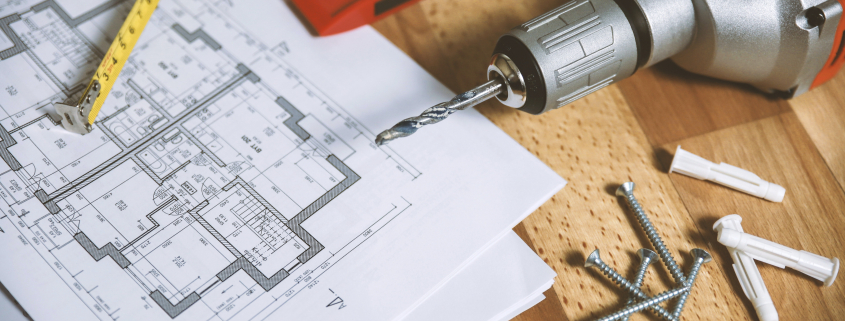Spark it up – Wired for Success
How to Become a Qualified Electrician – If you’ve ever looked at changing careers to become an electrician, you’ve probably asked yourself how do you become a qualified electrician?
There are many different ways you can get into any career, and the route to becoming a qualified electrician is no different. So if you’ve been spending a little too much time changing light bulbs and find yourself besotted by the magic of electrons, then a career as an electrician might be the spark you need in life.
But before you can start twisting wires and flicking switches with the best of them, you need to make sure you get that important certificate so you don’t cause any damage. How to become a qualified electrician? There are a few routes you can take. Here are a few you might have considered or will give you the information you need to make the right choice.
Become a qualified electrician with an apprenticeship
If you’re the kind of person who prefers to get things over and done with and jump straight into the deep end. Then becoming a qualified electrician with an apprenticeship might be the way to go. After securing a high school diploma or general education, you can dive headfirst into an electrician apprenticeship program. Although, apprenticeships aren’t just for those straight out of school. Many people career swap by taking on an apprenticeship in their desired new challenge.
Here, you’ll learn all the ins and outs of the trade while actually doing the work under the watchful eye of a seasoned electrician. Don’t worry, you’ll get paid for your work, and by the time you’re done (usually 4-5 years), you’ll be ready to pass the licensing exam with your eyes closed. Not that we’d recommend closing your eyes when handling electricicals.
Benefits of an apprenticeship to become a qualified electrician
There are two key benefits to becoming an electrician via apprenticeships. You earn while you learn. This means you can make money if you’re just starting out or pay your bills if you are taking a career change. Another huge benefit is on the job learning. There’s nothing quite like on-the-job training to give you a vivid taste of the ups, downs, and sometimes shocking realities of the trade.
Become an electrician with college degree
If you’re a fan of classrooms and structured learning, you might consider heading down to your nearest vocational school or college. At college, you can take a certificate or associate degree program in electrical technology, there may even be night classes available for those of you who are looking to make a career change. This route can be quicker, often taking 1-2 years, and it allows you to learn the theoretical aspects of the trade before you start juggling live wires.
Benefits of a college education for qualified electricians
The main benefit of college education for your electrician degree is the time it takes to become qualified. You’ll graduate with a solid theoretical grounding, which might give you an edge when it’s time to take on an entry-level job. Plus, you have the added benefit of student discounts.
Military education – an alternative reroute to becoming a qualified electrician
Have you ever wanted to know how you can blend doing something for the good of the world, while doing something you love? Well, several military branches offer electrical training programs. Not only will you gain top-notch training, but you’ll also be contributing to something bigger than yourself.
It is important to consider the immensity of the decision you are making to join the military, even to learn a trade. Just be sure you’re ready for the challenge.
Benefits of military education for electricians
The military can provide exceptional training and invaluable experience. Plus, there are often excellent benefits and opportunities for further education and career advancement within the military.
Benefits of becoming an electrician
Regardless of the route you choose, becoming a qualified electrician comes with its own set of perks.
Job Security
As long as people need to pop the kettle on for a cuppa, binge-watch their favourite tv series, or even use their air fryer. There will always be a use for electricians. Even if the world moves to green energy and renewables, that power needs to be converted into electricity that we can use in our everyday lives, where there is electricity, there is an electrician.
Good Pay
Electricians can earn a good living, with median wages well above the national average.
Variety
Every day is different. You’ll have the chance to work in different settings, on different types of projects, and with different clients. This makes becoming an electrician a nice challenge as you experience different types of issues and problems you need to solve.
Stay Active
If you like to keep moving and can’t stand the idea of sitting behind a desk then being an electrician is for you. You get to move around a lot and you visit each new site and carry out an array of diagnostic tests and fixes before you move on to your next task.
There are many different ways you can become an electrician, and not one route is the right way. The best way is what suits you and your situation best.
If you are looking for a new career or looking for the challenge of a new company, our team at FBR are recruitment specialists ready to help you reach your career goals.
Contact our team today or view our jobs board.






